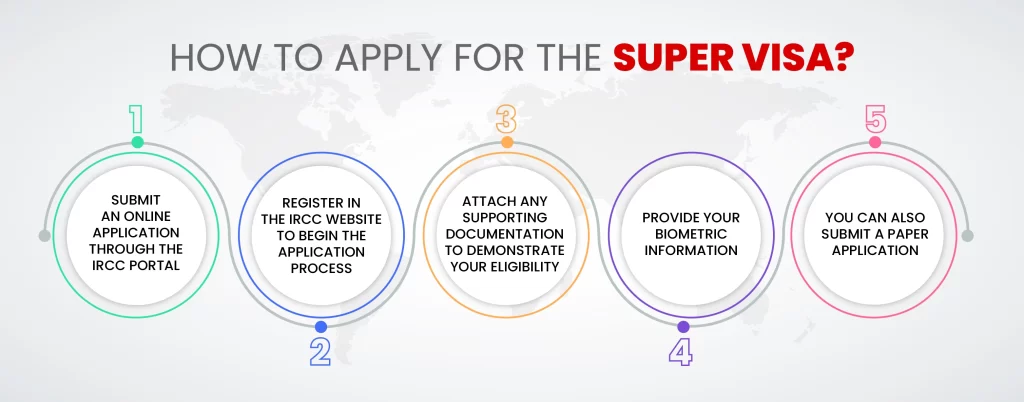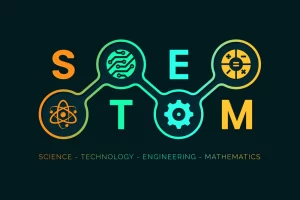Canada has always encouraged families to reunite and offers its best efforts, such as providing visa programs for people to reunite as a family and settle in Canada. One such program is the Super Visa. The Super Visa is exclusively for parents and grandparents seeking ways to settle with their children and grandchildren in Canada.
Read this blog to learn about the Super Visa for parents and grandparents visiting Canada. If you plan to settle with your children or bring your parents to live with you in Canada, this could be a valuable guide for you.
What is a Super Visa?
The super visa is a multiple entry visa for parents and grandparents planning to settle in Canada with their children who are Canadian citizens and permanent residents. It permits holders of valid super visas to enter Canada for a maximum of five years simultaneously.
The Canada super visa has certain benefits more than other visa categories, such as the six-month-long standard visitor’s visa. Only adults over the age of 18 who are the children or grandchildren of Canadian citizens or permanent residents are eligible for the visa. Parents or grandparents who have lived in Canada for more than five years within the last ten years are not eligible to apply for the super visa unless they fulfill specific requirements.
Difference between Super Visa and Visitor Visa
Although the Canada super visa falls under the visitor visa category, it is only intended for the parents and grandparents of citizens and permanent residents of Canada. The main differences are found in the length of the authorized stay. The terms of a standard visitor visa also include an extension for stays that take longer than six months. On the other hand, the super visa permits a 5-year maximum stay without a visa extension requirement.
Eligible family members can visit their relatives in Canada for an extended period (up to ten years) with fewer fees – thanks to the Super Visa program. Usually, the government grants visas eight weeks from the time of applying. The Super Visa program covers the duration of the visitor’s visit. It also covers any medical costs they may have while visiting Canada.
Eligibility Criteria
You must meet the eligibility criteria for the super visa to avoid delays and rejections of your visa application.
- You have to be the parent or grandparent of a citizen or lawful permanent resident of Canada.
- An invitation letter from your Canadian-residing child or grandchild should be in your possession. The note needs to contain:
- A commitment to provide for your financial needs while visiting Canada.
- A list with the details of every household member.
- Submit a copy of the host’s passport or proof of permanent residence in Canada.
- You must have private health insurance from a recognized international or Canadian insurance company.
- Make sure your health insurance is still in effect every time you enter Canada, and be ready to provide documentation to a border services officer upon request.
How do I apply?
Here’s a simple “step-by-step” process for how to apply for the Super Visa.
1. You submit an online application through the IRCC Portal outside of Canada if you’re applying for a super visa.
2. Go to the Immigration, Refugees, and Citizenship Canada (IRCC) website and register to start the visa application process.
3. Next, fill out the online form and attach any supporting documentation to demonstrate your eligibility for the super visa. Use a credit card or prepaid card to pay your fees.
4. When submitting your visa application, you will have to provide your biometric information. Before providing your biometrics, you must pay the biometrics fee. Your application might be delayed if you haven’t paid the required amount.
5. If there’s any limitation that keeps you from applying online, or if you are traveling with a travel document or identity issued to a refugee, stateless person, or non-citizen, you can still submit a paper application.
Wrap-Up
Are you excited to meet your loved ones soon? Among the notable benefits of the super visa, the best part is that it provides legitimate status as a visitor in Canada. You also get to obtain a driver’s license in Ontario, if that’s your destination in Canada.
If you’re one of those who are looking to pursue a career in Canada, now is the time to grab your golden ticket to fly to your dream destination. And if you’re wondering where to begin, CanApprove is at your service. We have a team of the best immigration and overseas education consultants in Canada who ensure a flawless application and impeccable documentation process.
We will guide you through the whole process, right from filling out your application until you settle in Canada. Planning to apply for a super visa? Talk to our experts at CanApprove, we’d love to hear from you!
FAQs
1. Can I apply for a super visa while visiting Canada?
For a super visa, you have to apply online through the IRCC Portal while you are outside of Canada.
2. How long does it take to get a super visa for parents in Canada?
The Parents and Grandparents Super Visa also has the benefit of having a comparatively short processing time, roughly eight weeks. This visa application is submitted to a visa office located outside of Canada.
3. Can a super visa be converted to PR?
Parents or grandparents who wish to remain permanently must have a Canadian child or grandchild sponsor them for permanent residence.








